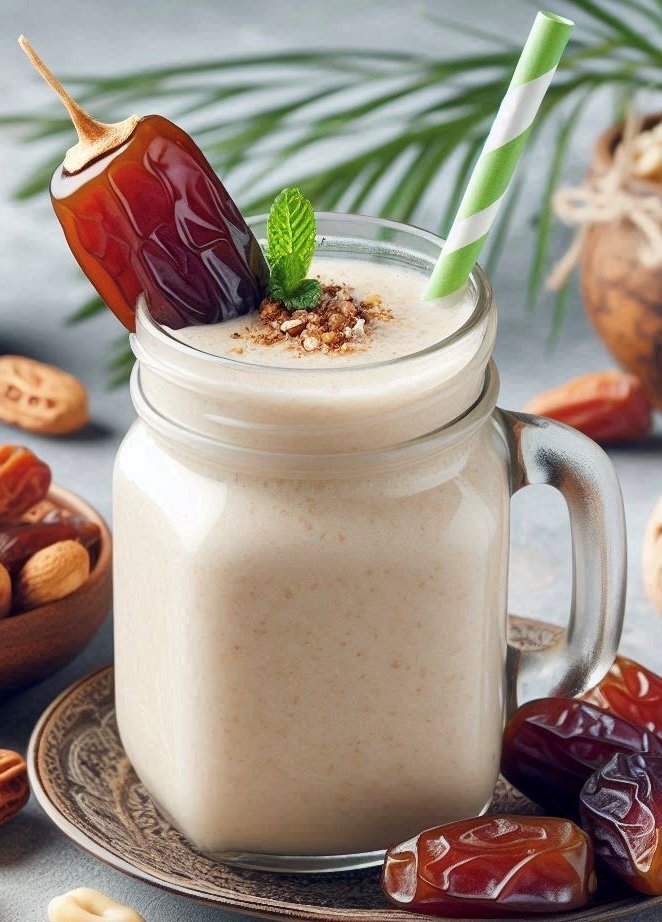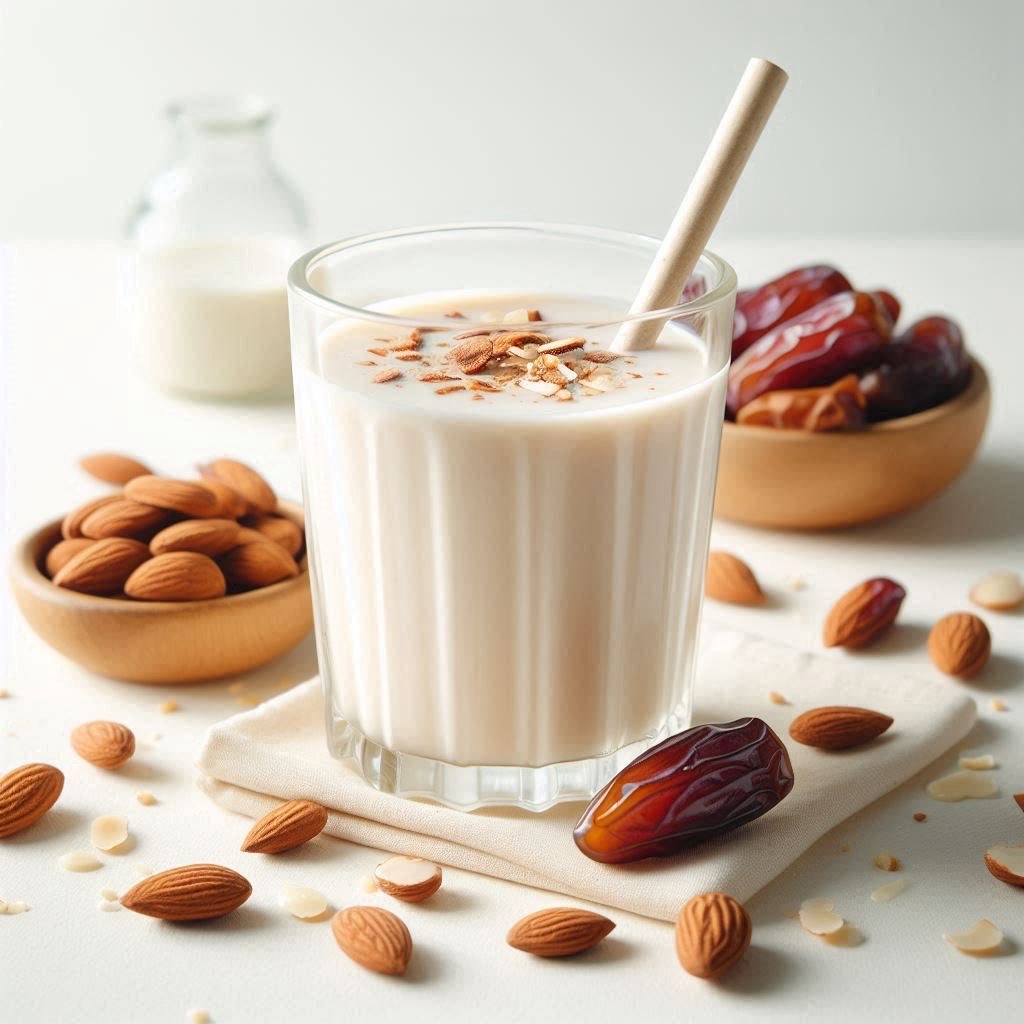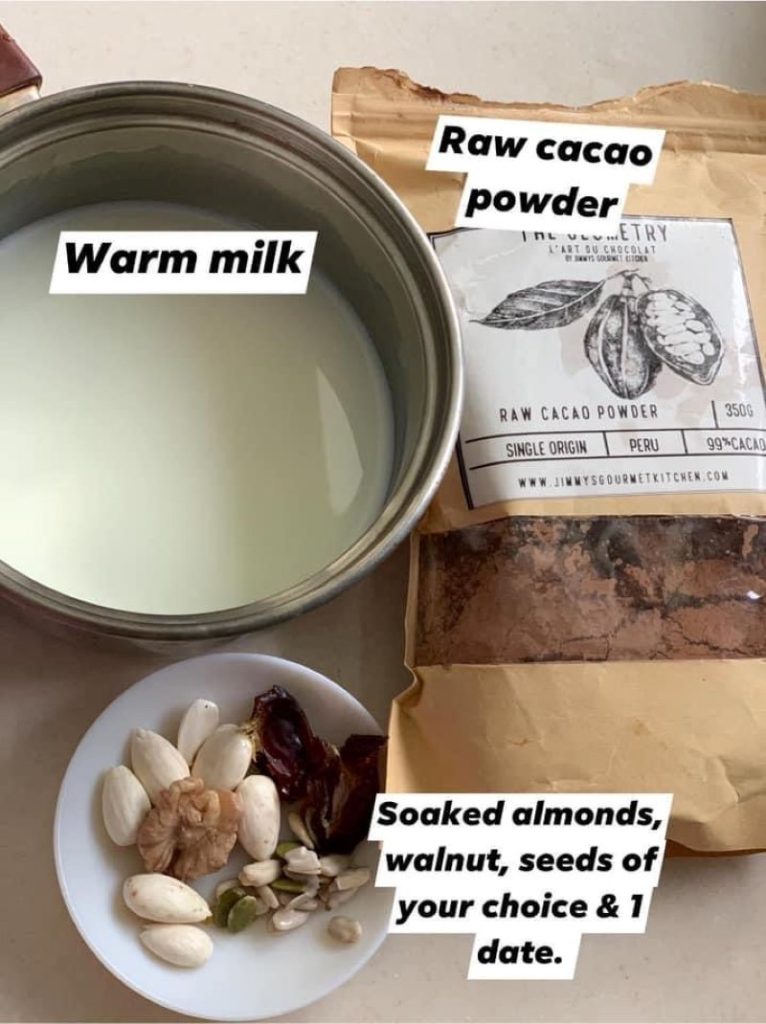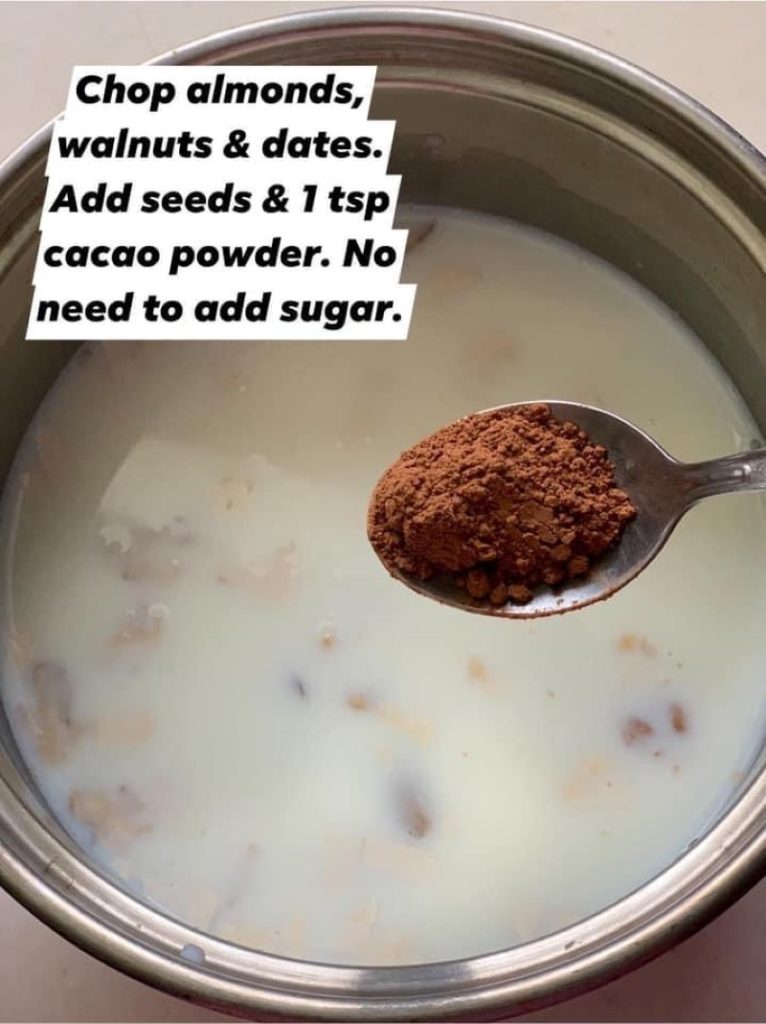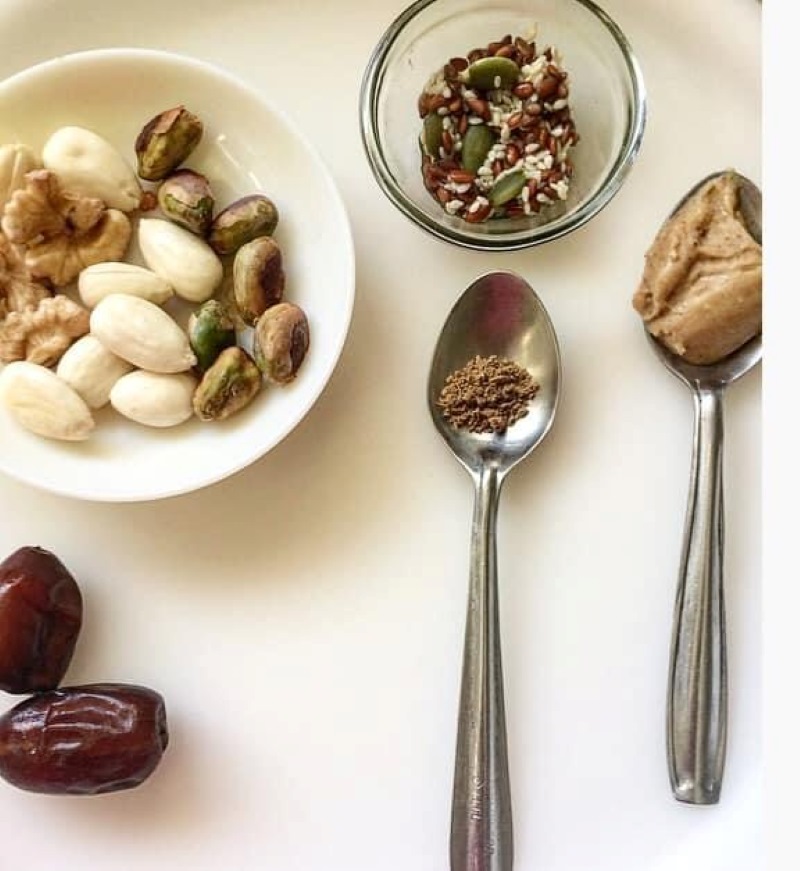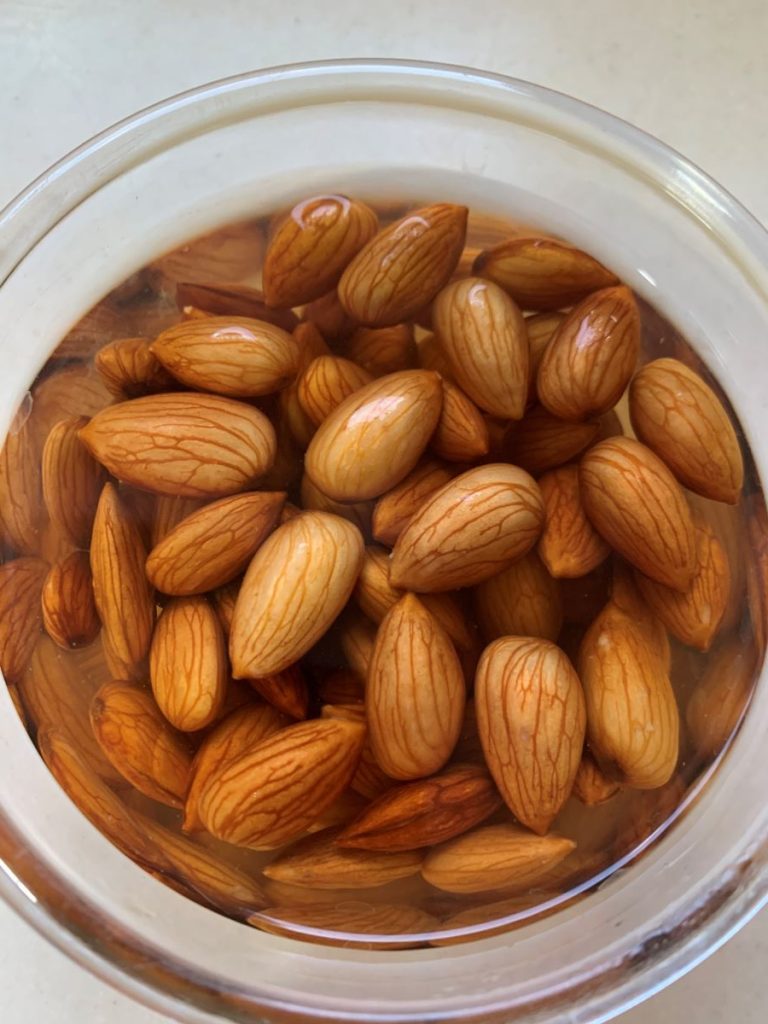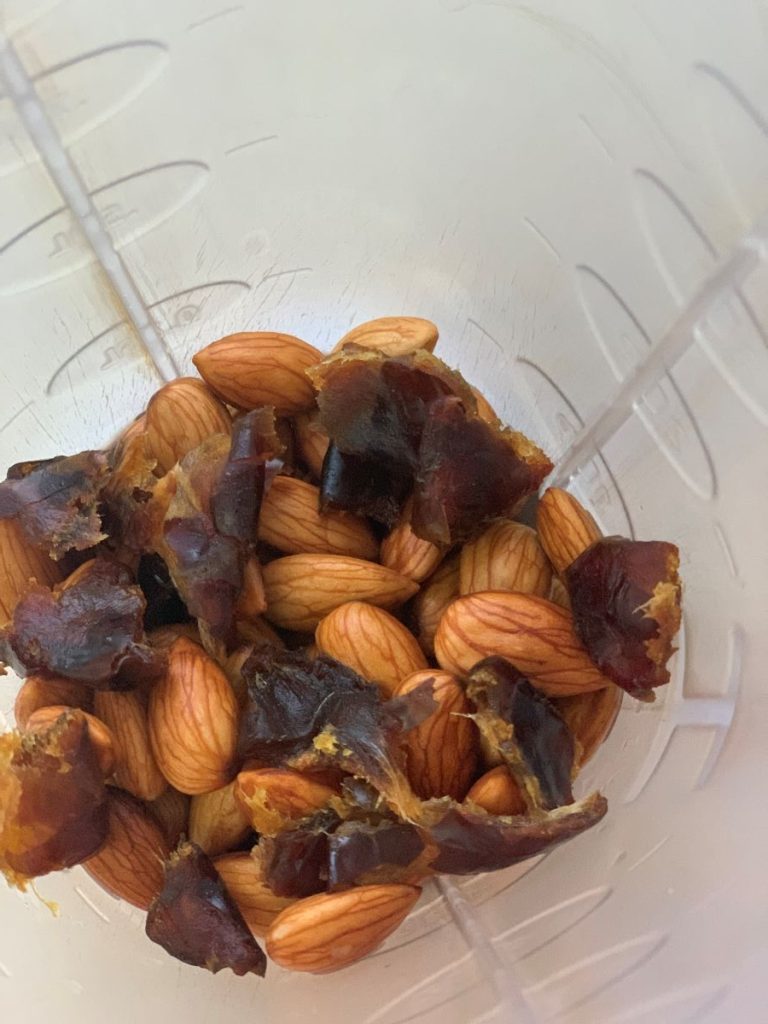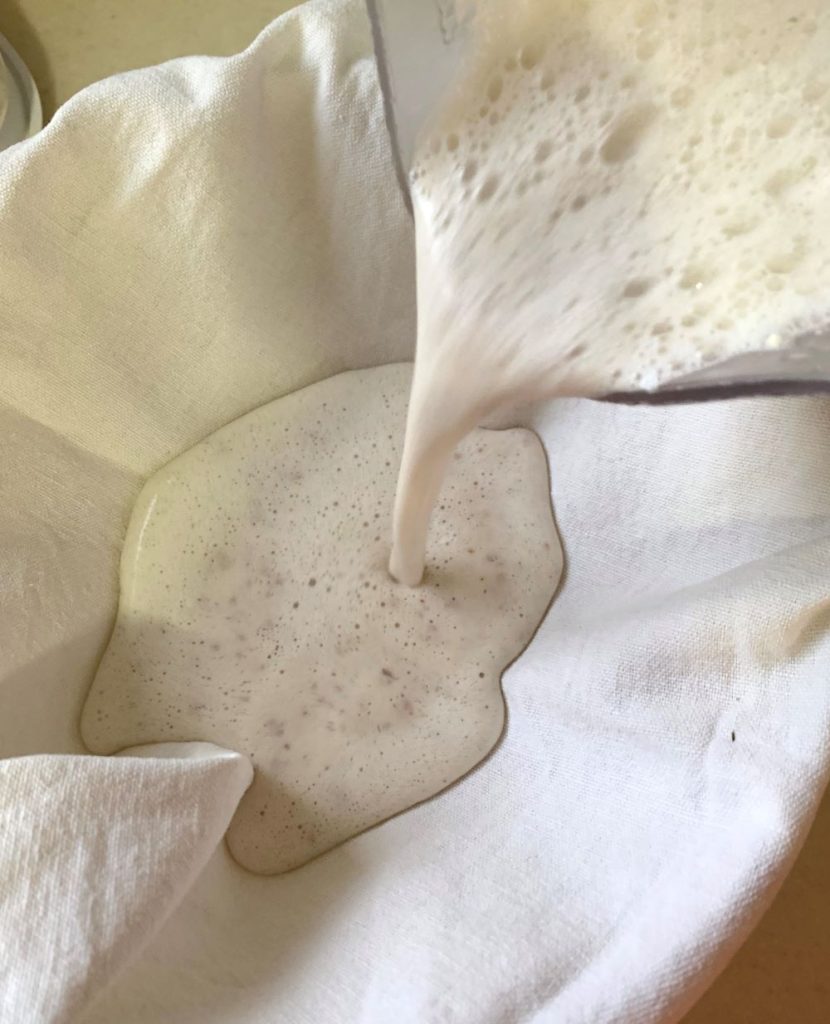
Introduction
As you embark on the incredible journey of pregnancy, your diet becomes a canvas for nourishment and health, not just for you, but for the little life growing inside you. Every bite counts, and it’s natural to scrutinize what’s on your plate with a mix of curiosity and caution. Among the myriad of food choices, one tiny yet mighty contender often sparks interest and debate: almonds. These crunchy nuts are packed with nutrients, but the question lingers in the air, whispered in prenatal classes and discussed in online forums – can I eat almonds during pregnancy?
This isn’t just about satisfying those nutty cravings or finding a quick snack. It’s about understanding how this small, yet potent, food item can impact your pregnancy journey. Almonds, known for their health benefits, enter the spotlight here as we delve into their safety, nutritional value, and role in a pregnancy diet. Are they the superfood for expectant mothers as often touted, or do they come with a list of caveats? It’s time to crack the shell of myths and facts surrounding almonds during pregnancy, and offer you a clear, informed path to follow. Let’s embark on this nutty adventure together, exploring every angle, from the nutritional powerhouse that almonds are, to how they fit into the delicate balance of pregnancy nutrition.
Section 1: Almonds Unveiled – A Nutritional Powerhouse for Expectancy
When you’re eating for two, every morsel matters. Almonds, in this context, are like tiny nutritional treasure chests. These nuts are not just a crunchy treat but a dense source of essential nutrients. Let’s unpack the nutritional profile of almonds and see what they offer to you and your growing baby:
- A Symphony of Nutrients: Imagine a single food source bringing you monounsaturated fats, fiber, proteins, and a suite of minerals like calcium, iron, and zinc. Almonds are just that – a nutrient-dense snack that caters to the heightened nutritional needs during pregnancy.
- The Folic Acid Factor: One of the stars in almonds’ nutrient lineup is folic acid, a hero for fetal development. Folic acid plays a pivotal role in preventing neural tube defects and supporting overall growth.
- Iron to Energize: Iron in almonds helps combat pregnancy-induced anemia, keeping your energy levels balanced and supporting your baby’s development.
- Bone-Building Calcium: The calcium content in almonds contributes to the crucial task of building your baby’s bones and teeth, a foundation being laid for a lifetime.
- The Unsung Heroes – Vitamins and Omega Fats: Almonds come packed with vitamin E and omega fatty acids, crucial for the neurological and visual development of your baby.
In essence, almonds are like a multivitamin in a natural, tasty package. But, how do they fit into the bigger picture of pregnancy safety and dietary guidelines?
Section 2: Safety First – Are Almonds Safe During Pregnancy?
Navigating the dos and don’ts of pregnancy eating can be a maze. Let’s clear the air about almonds:
- Myth-Busting: The myth that almonds can cause allergies in babies has been debunked. Rest assured, almonds, when eaten in moderation, are not just safe but beneficial.
- Quality Matters: Opt for pasteurized or roasted almonds. This ensures they are free from any harmful pathogens, making them a safe choice during pregnancy.
- Allergy Alert: If you have a pre-existing nut allergy, tread carefully. Consult your doctor to understand if almonds are safe for you.
Almonds, when chosen wisely and consumed in recommended amounts, are not just safe but a smart addition to your pregnancy diet. But how much is too much, and how should you eat them? Let’s find out.
Section 3: The Right Bite – How Many Almonds and How to Eat Them
Knowing the right amount and the best way to consume almonds can make all the difference in reaping their benefits:
- Just the Right Amount: Moderation is key. About ½ ounce, roughly equivalent to 12 almond kernels a day, is recommended. This quantity ensures you get the benefits without overdoing it.
- Diverse Ways to Enjoy: Almonds are versatile. Eat them raw as a quick snack, or try soaked almonds for easier digestion. Almonds can also be incorporated into meals – think almond flour in baking, almond butter as a spread, or almond milk in your morning cereal.
- Soak It Up: Soaking almonds overnight and peeling off the skin is a popular method. It not only makes them easier to digest but also releases more nutrients.
Incorporating almonds in these measured and varied ways can add both nutrition and delight to your pregnancy diet.
Section 4: Beyond the Crunch – Creative Inclusions in Your Diet
Let’s explore some creative and delicious ways to include almonds in your pregnancy diet:
- Morning Glory: Start your day with a smoothie – blend almond milk, fruits, and a hint of honey for a nutritious kickstart.
- Snack Smart: For a midday snack, a handful of raw or roasted almonds can be both satisfying and energizing.
- Dinner Delights: Use ground almonds to thicken soups or stews, adding a rich texture and a boost of nutrients.
- Sweet Treats: Indulge in healthy almond-based desserts like almond flour pancakes or almond and fruit bars.
These ideas not only make your meals interesting but also ensure you’re getting a good dose of almond nutrition in a variety of forms.
Section 5: Caution Ahead – Side Effects and When to Avoid
While almonds are generally safe and beneficial, there are scenarios when caution is needed:
- Allergy Watch: If you or your family has a history of nut allergies, consult your doctor before including almonds in your diet.
- Overindulgence Alert: Almonds are calorie-dense. Eating too many can lead to excessive calorie intake and potential weight gain.
- Digestive Considerations: The high fiber content in almonds might cause bloating or gas if consumed in large quantities. Balance is key.
- Kidney Stones Caution: Almonds are high in oxalates, which can contribute to kidney stones in susceptible individuals.
Understanding these nuances ensures that you enjoy the benefits of almonds without any unwanted side effects.
Section 6: Tailoring Almond Intake to Pregnancy Stages
Each stage of pregnancy brings its unique nutritional demands. Here’s how to tailor your almond intake throughout your pregnancy journey:
- First Trimester Focus: With the emphasis on fetal development, incorporate almonds for their folic acid and iron, aiding in the crucial initial stages of growth.
- Second Trimester Strength: As the baby grows, the need for calcium and protein rises. Almonds can be a great snack to support this phase.
- Third Trimester Thrive: In the final stretch, your baby’s brain development is paramount. The omega-3 fatty acids in almonds are essential now.
Adjusting your almond intake to align with these developmental stages can optimize their benefits for both you and your baby.
Section 7: Almonds and Gestational Diabetes
If you’re navigating gestational diabetes, almonds can be a smart dietary choice:
- Blood Sugar Balance: Almonds have a low glycemic index, helping to manage blood sugar levels effectively.
- Healthy Fats: The healthy fats in almonds provide sustained energy without spiking blood sugar.
- Snack Solution: As a snack, almonds offer a nutritious alternative to carb-heavy options, keeping your blood sugar in check.
Discuss with your healthcare provider about incorporating almonds into your diet plan for gestational diabetes.
Section 8: Navigating Nut Allergies During Pregnancy
For those with a history of nut allergies, here’s how to approach almond consumption:
- Consult Your Doctor: It’s essential to discuss with your healthcare provider before introducing almonds into your diet.
- Test and Trial: If given the green light, start with a small amount and monitor for any allergic reactions.
- Alternatives: If almonds are off the table, explore other nutrient-dense alternatives that align with your dietary needs.
Being cautious and informed is key when dealing with nut allergies during pregnancy.
Conclusion
As we wrap up, remember that almonds can be a nutritious and safe addition to your pregnancy diet. They offer a range of benefits, from supporting fetal development to maintaining your health. However, it’s essential to consider your individual health, potential allergies, and dietary needs. As always, consult with your healthcare provider for advice tailored to your unique pregnancy journey.
Enjoy the journey with almonds by your side, enhancing your pregnancy diet with their crunchy goodness and nutritional wealth.
FAQs for the Blog Post: “Can I Eat Almonds During Pregnancy?”
- Q: How many almonds should I eat per day during pregnancy? A: It’s recommended to consume about ½ ounce or approximately 12 almond kernels daily. This amount provides sufficient nutrients without excessive calorie intake.
- Q: Are soaked almonds better than raw almonds during pregnancy? A: Soaked almonds are easier to digest and may release more nutrients, but both soaked and raw almonds are nutritious choices during pregnancy.
- Q: Can eating almonds help prevent gestational diabetes? A: Almonds can be part of a balanced diet to manage blood sugar levels, but they are not a cure for gestational diabetes. Always consult with your healthcare provider for personalized advice.
- Q: Is almond milk a good alternative to regular milk during pregnancy? A: Yes, almond milk is a good alternative, especially for those with lactose intolerance. It’s rich in vitamins and minerals but check for unsweetened and fortified options.
- Q: Can almonds cause allergies in my unborn baby? A: Current research suggests that consuming almonds during pregnancy doesn’t increase the risk of nut allergies in babies.
- Q: What are the best ways to include almonds in my pregnancy diet? A: Almonds can be eaten raw, added to salads, used in baking with almond flour, or consumed as almond milk or butter. They’re versatile and can be included in many dishes.
- Q: Are almonds safe during the first trimester? A: Yes, almonds are safe and beneficial throughout pregnancy, including the first trimester. They provide essential nutrients like folic acid and iron.
- Q: Can almonds help with pregnancy-related anemia? A: Almonds are a good source of iron, which can help prevent and manage anemia in pregnancy. However, they should be part of a varied and balanced diet.
- Q: Should I avoid almonds if I have a history of nut allergies? A: If you have a nut allergy, consult your doctor before adding almonds to your diet during pregnancy.
- Q: Can I eat roasted almonds during pregnancy? A: Yes, roasted almonds are safe, but opt for unsalted and oil-free versions to avoid excessive sodium and unhealthy fats.
Blog Tags: pregnancy nutrition, almonds during pregnancy, healthy pregnancy diet, eating almonds while pregnant, benefits of almonds, pregnancy superfoods, managing gestational diabetes, pregnancy snacks, prenatal vitamins, pregnancy health tips
